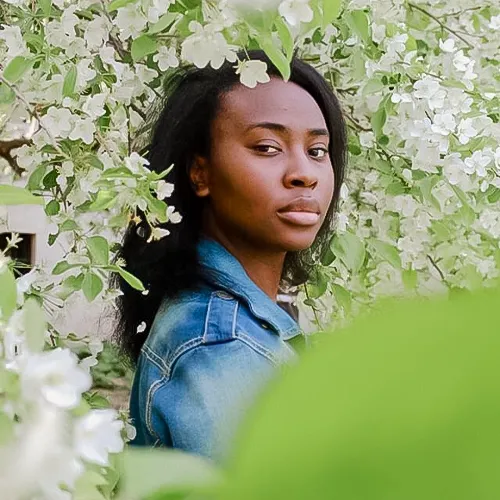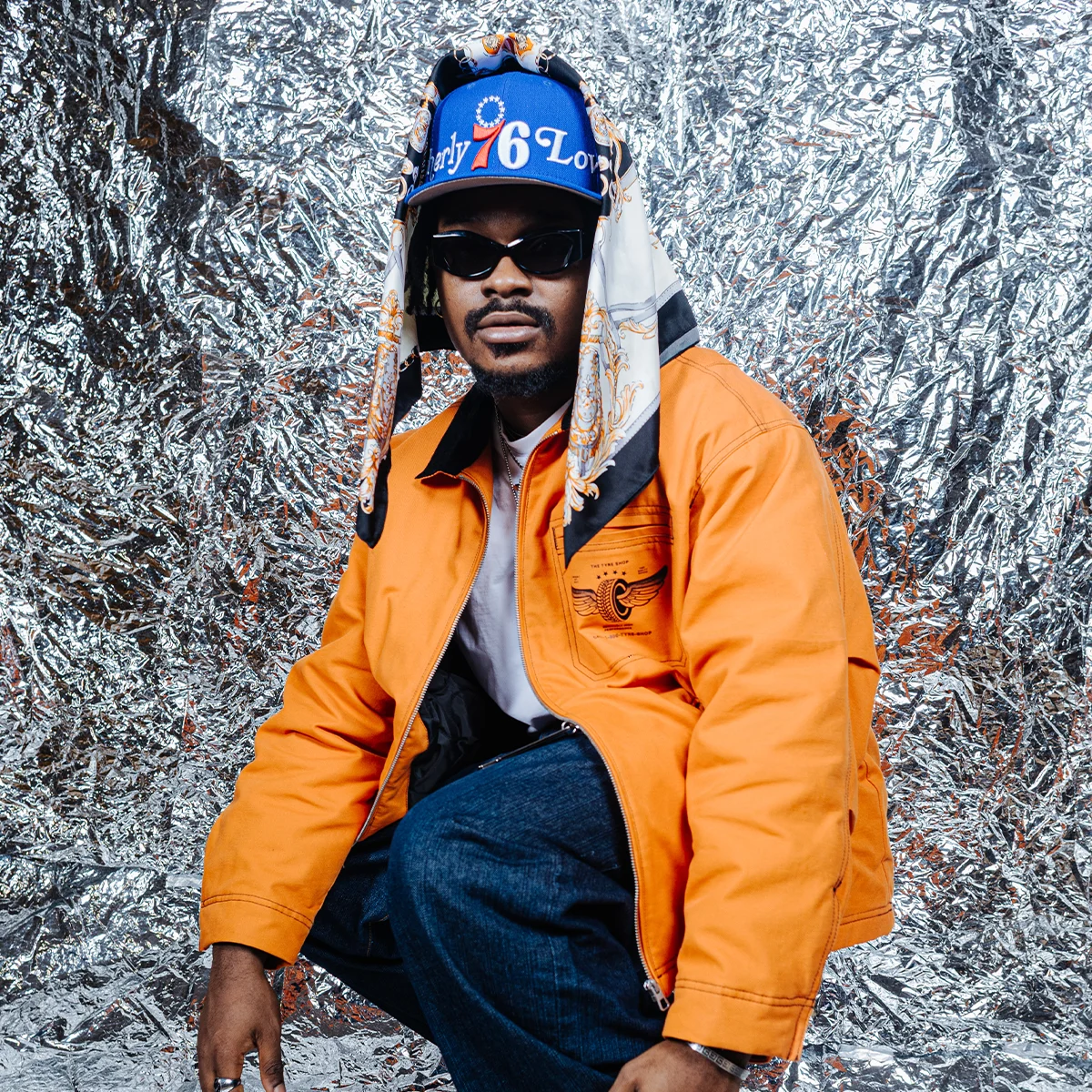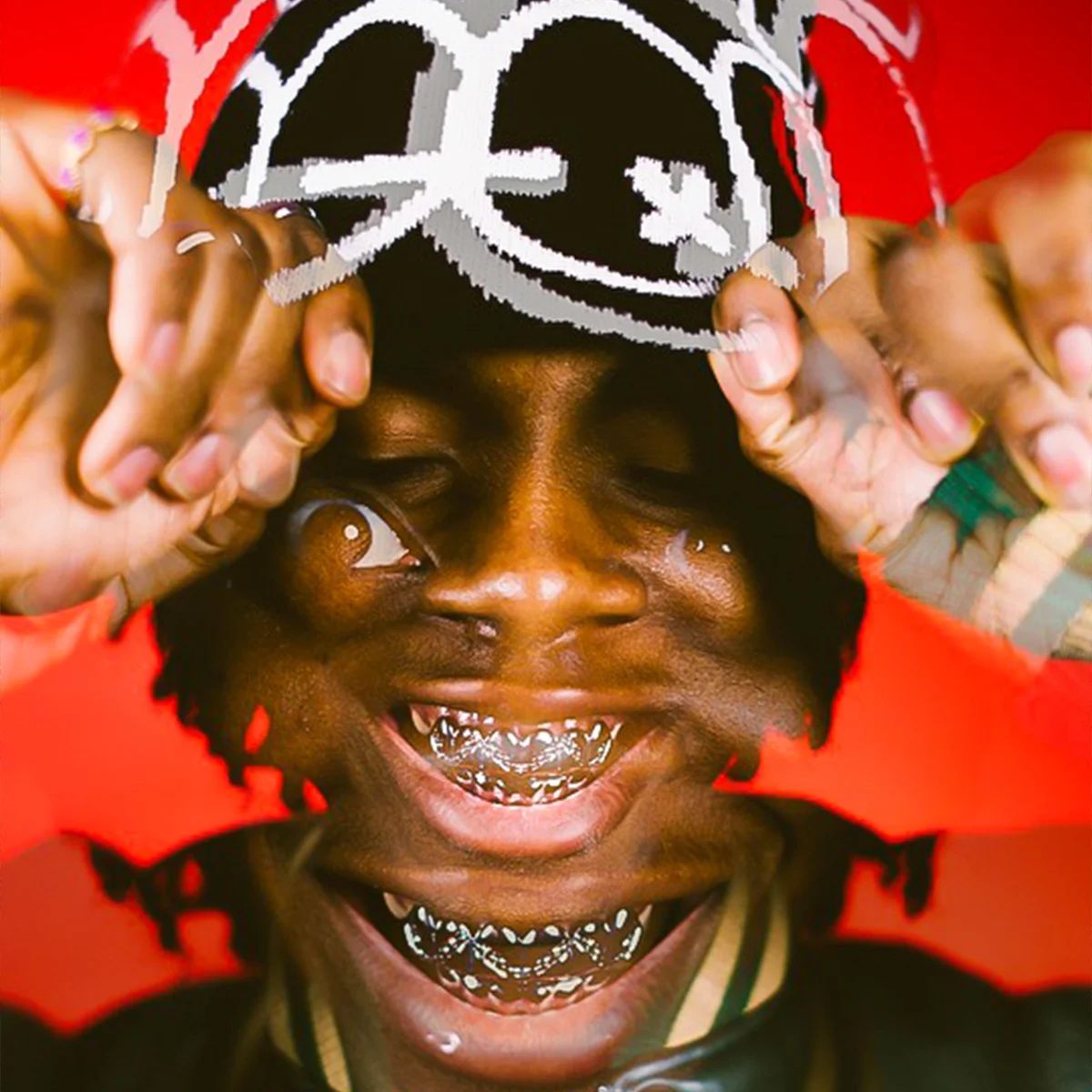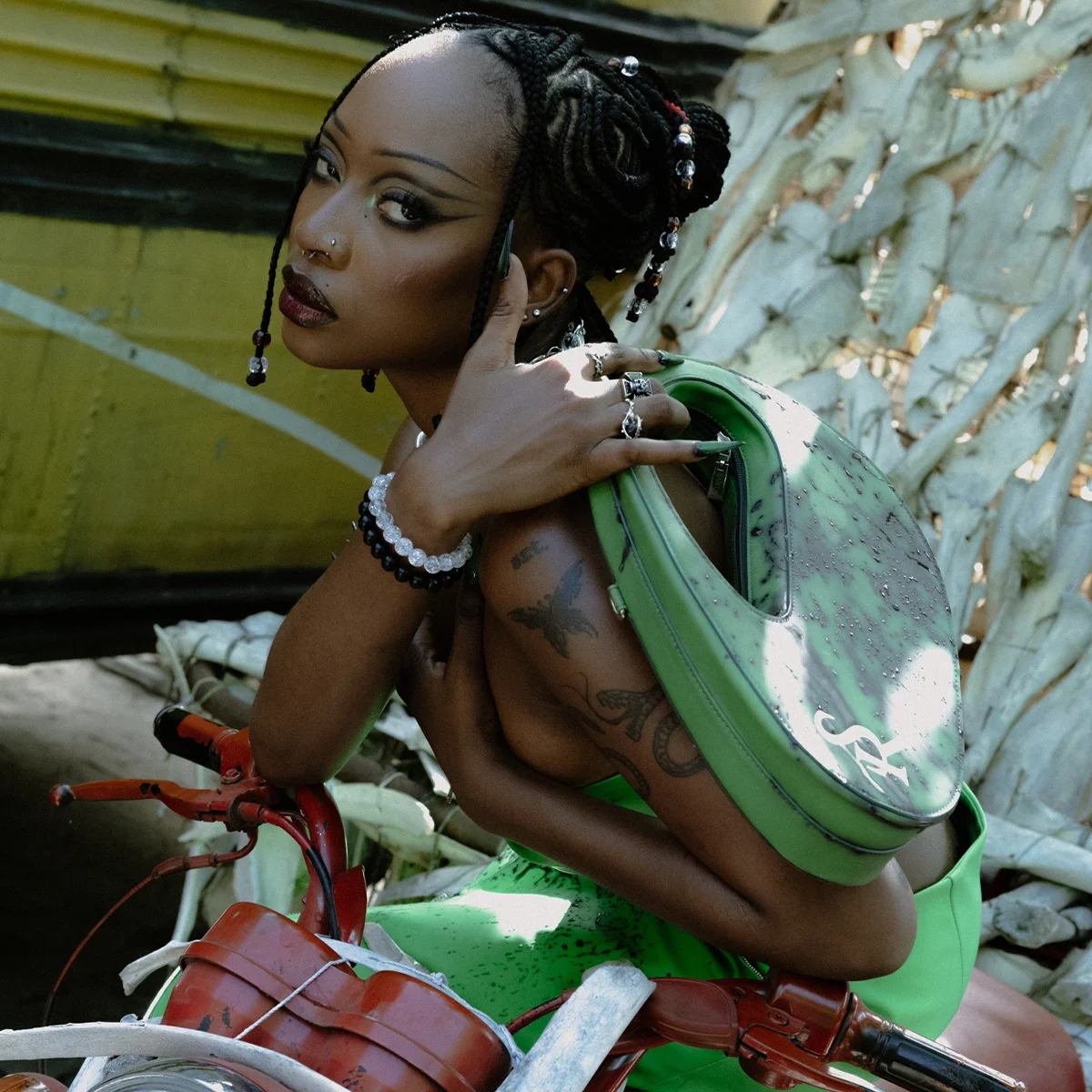From the first hello, I was in love. I fell in love with French the moment I heard the first bold note of “bonjour” in the Disney animated classic, Beauty and the Beast. I was eight years old and I determined within my heart that one day, I would be able to speak French fluently. I would be able to speak with the passion and the musicality that made my heart float with happiness. It has been over a decade and I am still in pursuit of that dream—I have so much knowledge of the French language and French history, but I do not have yet the opportunity that I seek to have to communicate purely in French.
All that being said, there is another language that I deeply desire to speak fluently—a language that should come naturally to me because it is a part of my DNA, but due to some circumstances out of my control (colonization, oppression, classism, etc. ), it has not been activated. My tongue finds the words awkward and heavy to pronounce, my ears can only translate a limited amount of vocabulary and my brain lags behind when translating words on paper or on a screen.
Yoruba is the language my grandmother grew up speaking, but somewhere between her and my mother, English became the main language of communication in my family. Growing up I did not have a problem with this as I grew up in a social setting where all the children spoke English and our parents spoke only English to us as well. The only person I have a memory of who spoke Yoruba was my Grandmother; I remember quite clearly how she would make me laugh with her jokes and stories. Looking back, I appreciate that she spoke the language to me because it opened up my ears to make understanding now easier even though I did not appreciate the importance of it at the time.
Yoruba became important to me in my adolescence, in the moments where I was consciously trying to form an identity; as a child of Nigerian immigrants who did not feel Nigerian and whose identity was regularly questioned by others and sometimes mocked. It was at this period in my life that I truly appreciated what my grandmother had done, opening my ears to a beautiful and bold dialect about 40 million people in the world share.
But is simply understanding and appreciating the language enough? My identity as a member of the African diaspora is a Yoruba woman, but what does that mean if I cannot speak the language? Does that mean I cannot fully participate in the culture? All I have are questions because although I want to learn and I want to teach my tongue how to form the words properly, there is a fear that is holding me back. That fear creates room for me to doubt and question the significance of learning Yoruba.




